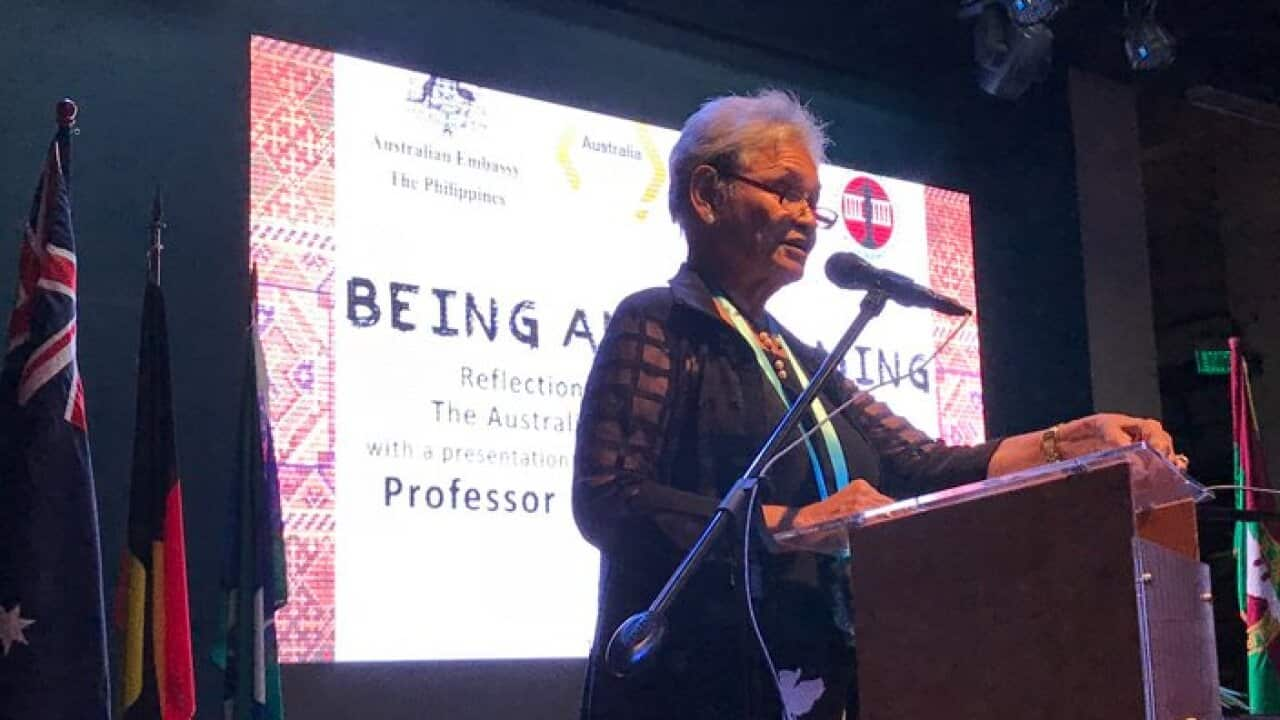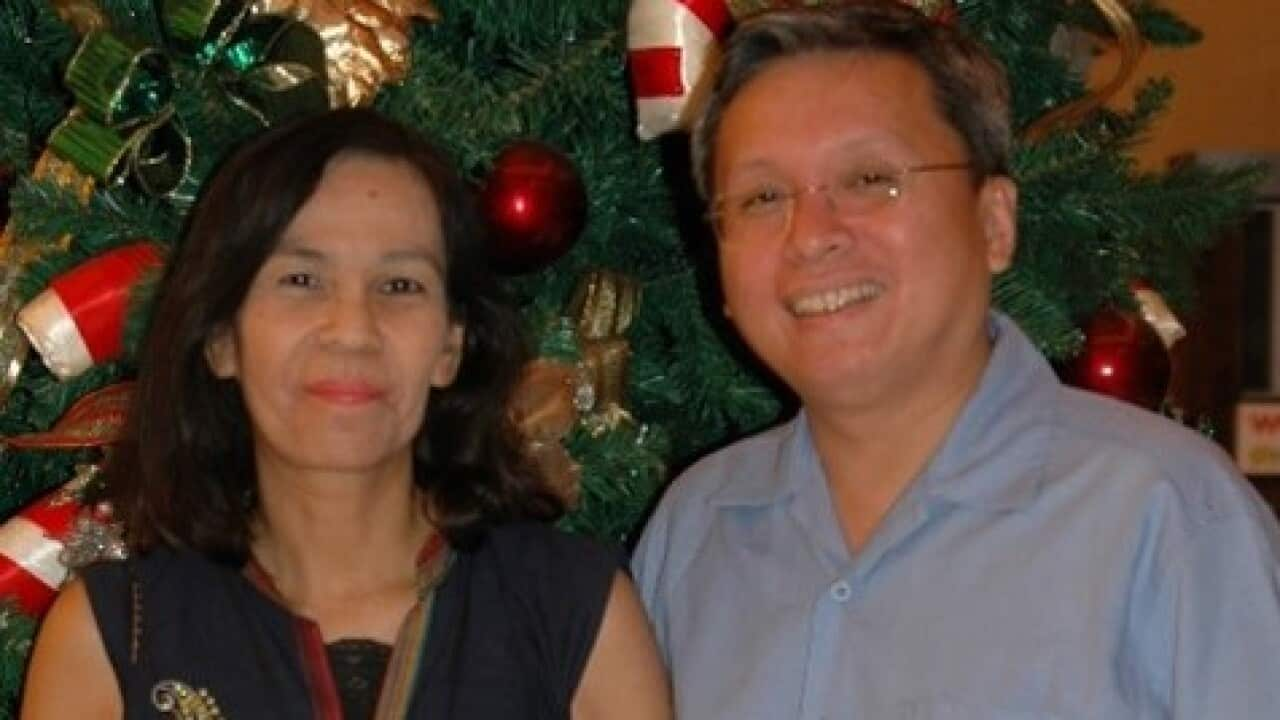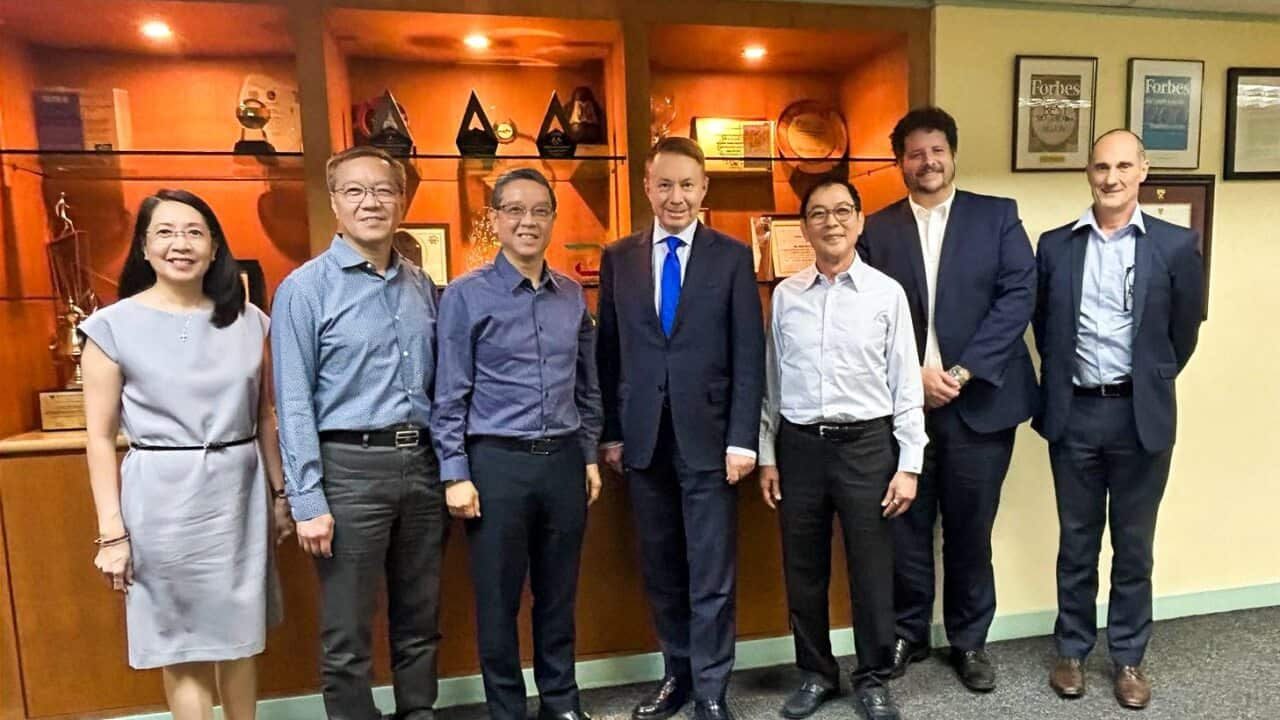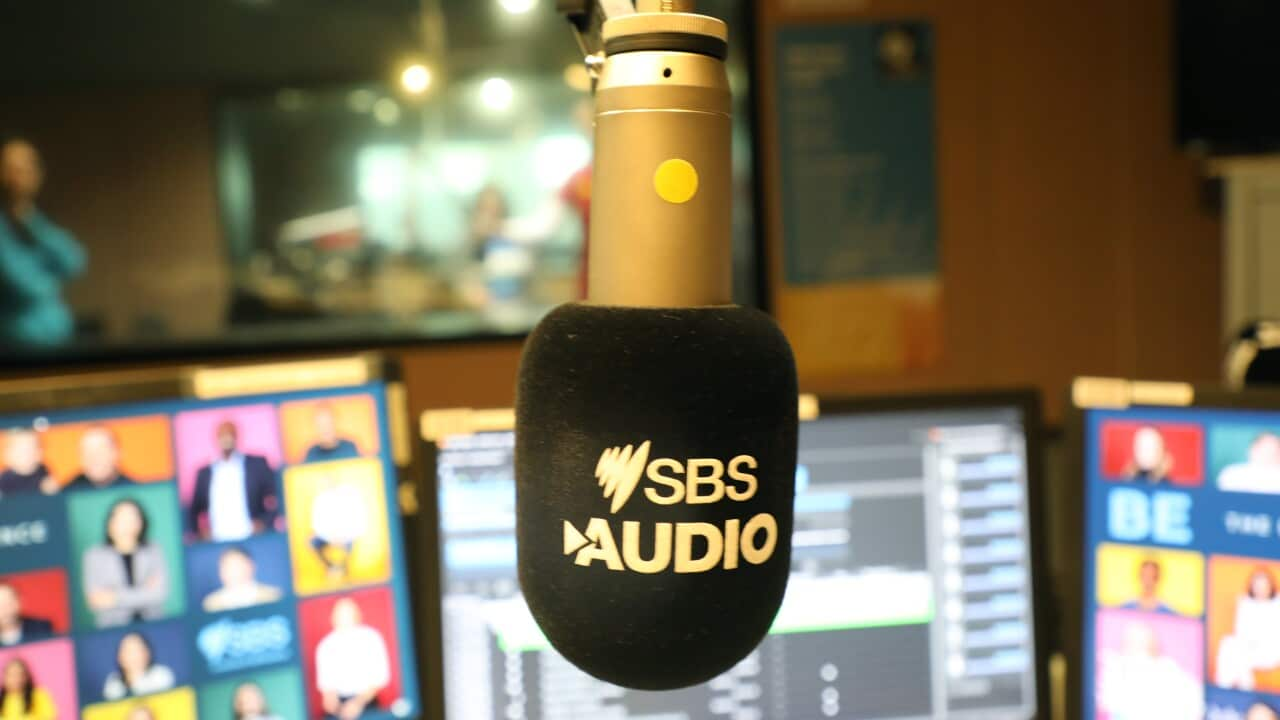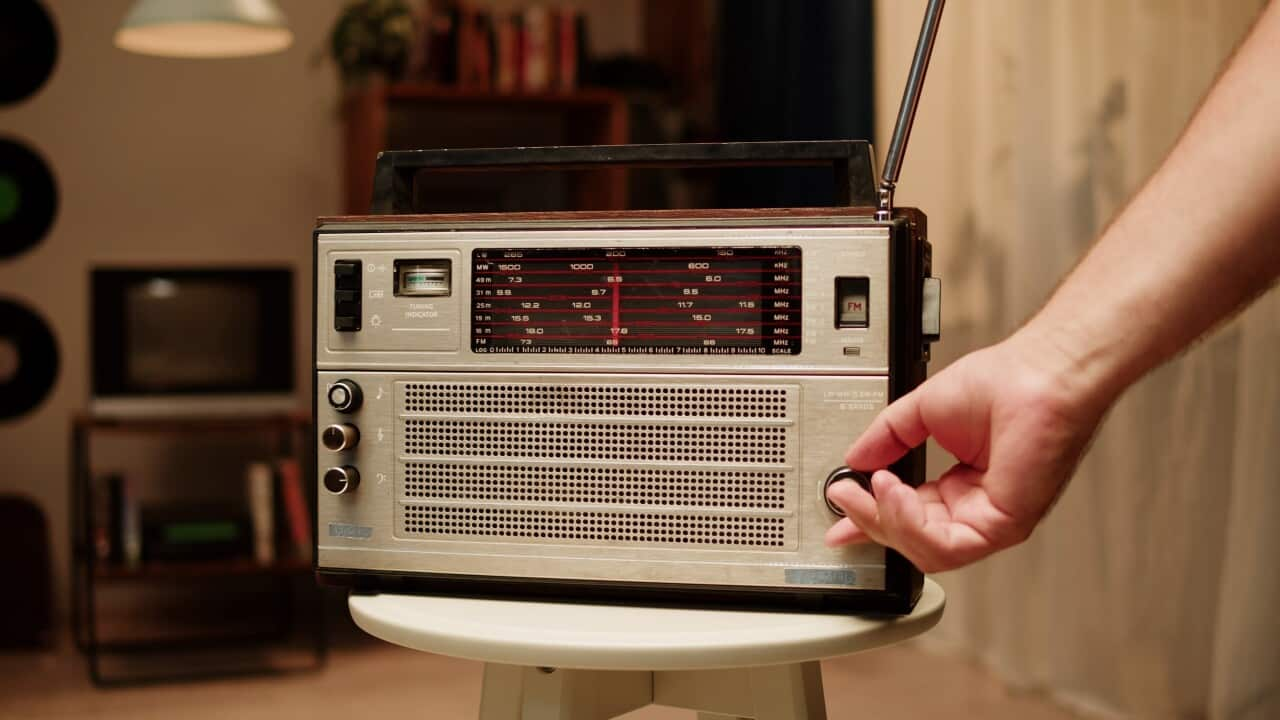This was the pronouncement of Australian Ambassador to the Philippines Amanda Gorely in a public lecture called "Being and Becoming: Reflections on Ethnicity and Learning the Australian and Philippine Experience" at the University of the Philippines.
Gorely believes it will still take a while to address this issue. But she sees the determination of the government and various groups to address this.
She says, "But we do have to confront the reality that indigenous Australians, even in 2018, have significant disadvantage, compared to the rest of our community. The government has expressed its determination to close the gap between indigenous and non-indigenous Australians, in terms of life expectancy, infant mortality rates, access to early childhood education, literacy and numeracy, high school education attainment, and employment outcomes. The reality is, that the work in closing the gap, to put the indigenous peoples in equal footing with the rest of the community, is not easy, and will take time and ongoing determination. But it think the determination is there, and progress towards reconciliation is being made.”
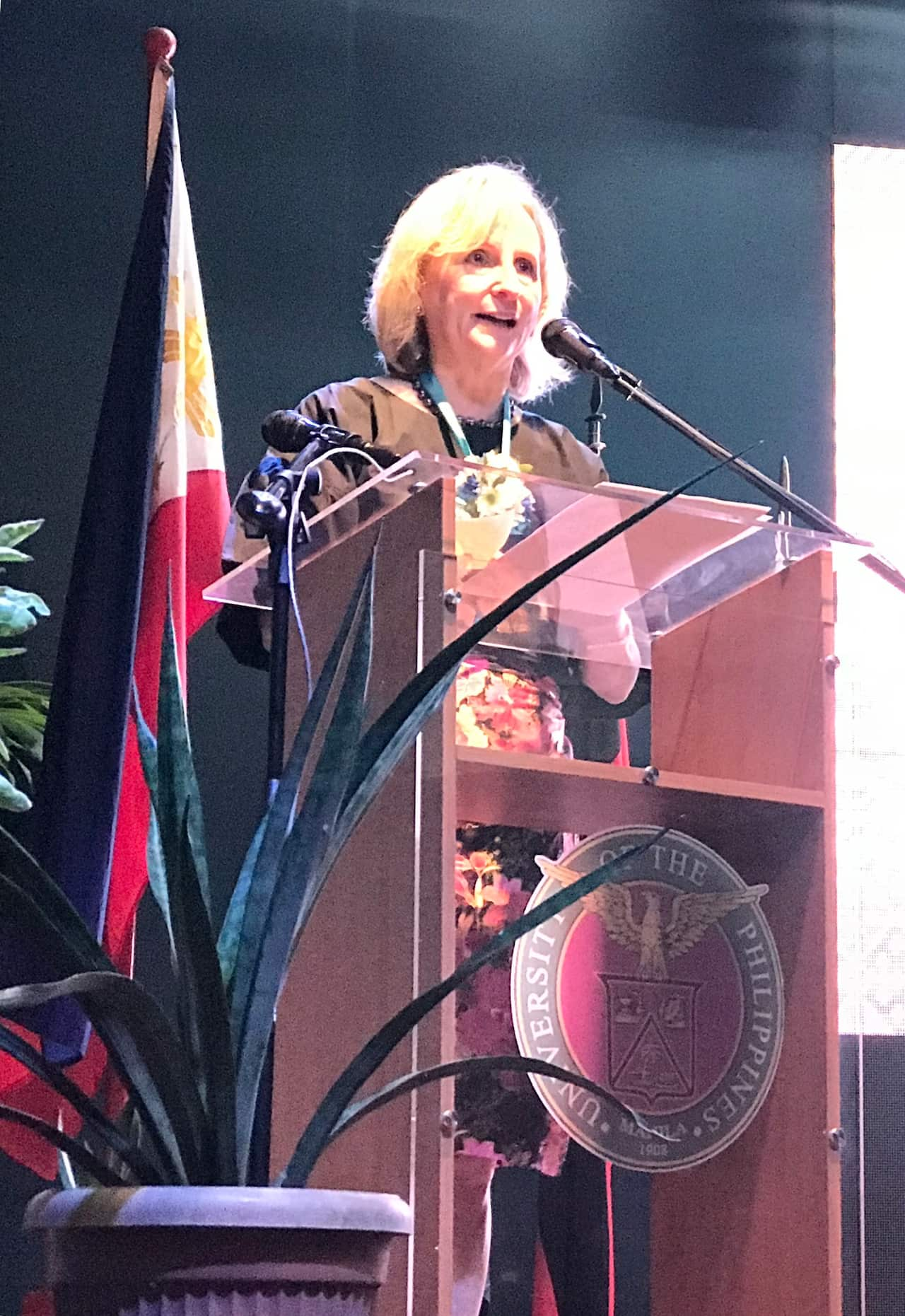
Indigenous Australian academic, Professor Mary Ann Bin-Sallik who has a Filipino blood, agrees to Gorely's assertion on the many challenges faced by the indigenous.
She sees improvement on the situation as she says, "I did not think I would live long enough to see the changes that have happened in my country."
Professor Bin-Sallik, who is the first Aboriginal to study at Harvard University, says that education is a key factor in the improvement of the lives of the indigenous people especially as they are able to study in universities.
But she says, cultural values and traditions of the indigenous people have to be respected, "We built what we call an aboriginal support program. Because everything else outside that program … there’s nothing in Australian that you can see that represents our culture in the big city, or who we are. But in there, we had our own artifacts, we had our own people, we had guest speakers…we’ve got people into social work, business, anthropology. And it was all our creation. And you’ll find that … the ambassador talked about closing the gap… the universities are doing the best… not because of the government, not because of the bureaucrats; it’s because of the aborigines working there. That’s what’s working so well…”
